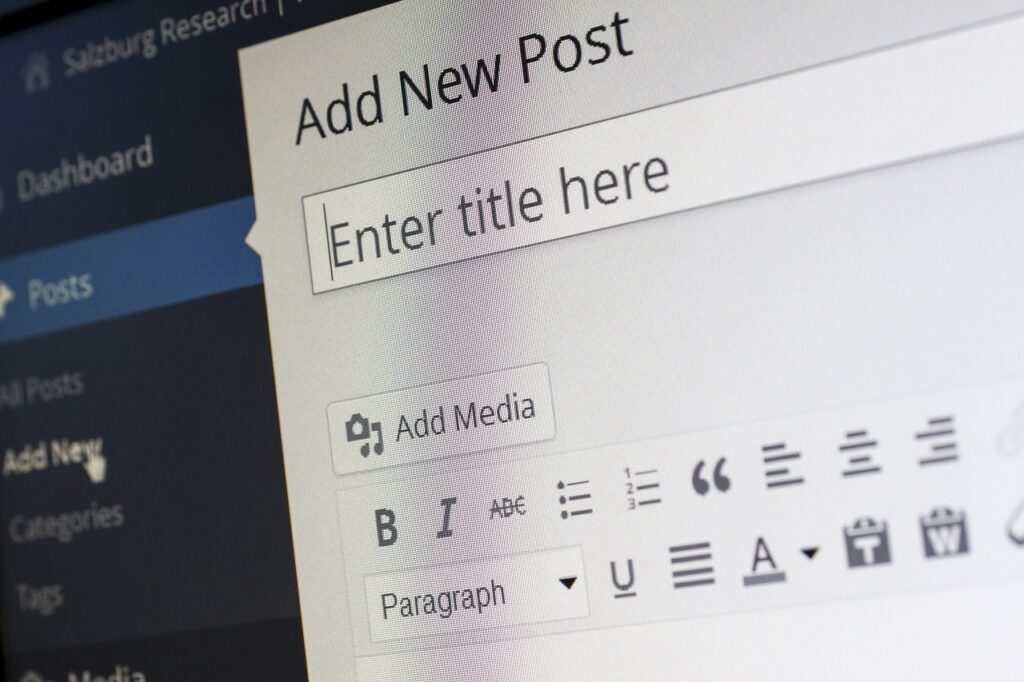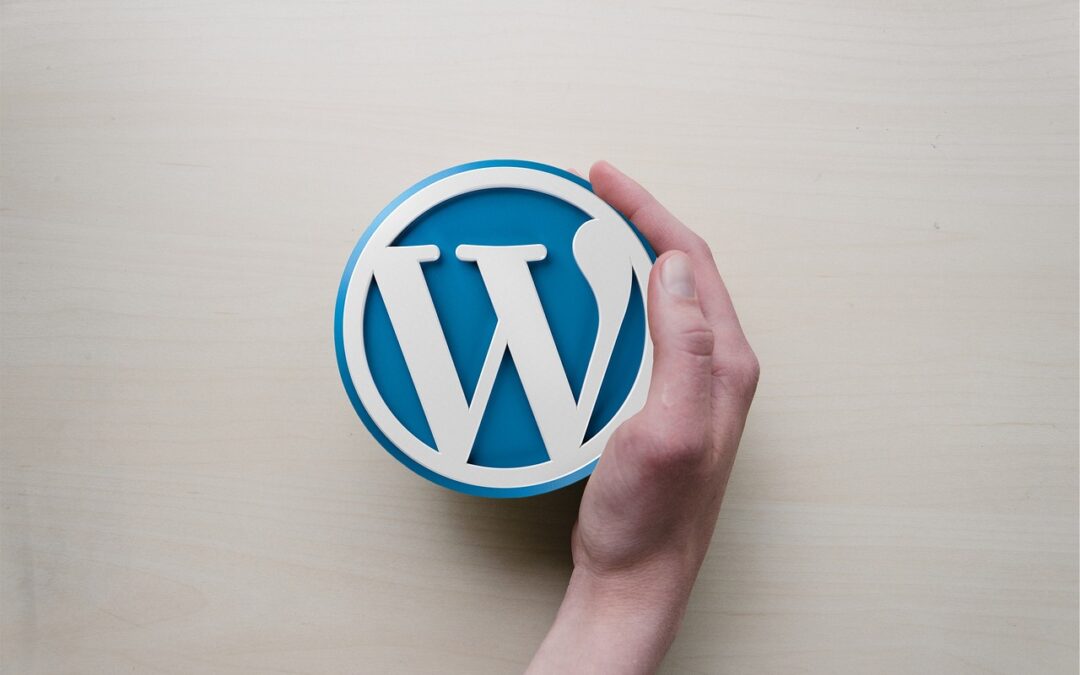In the digital world, speed is everything. Imagine your WordPress site is a car. If it’s slow, it’s like driving a clunky old van. But if it’s fast, it’s like a sleek race car zooming past the competition. Let’s dive into how we can fine-tune our WordPress site for peak performance.
Understanding WordPress Performance
Contents
- 1 Understanding WordPress Performance
- 2 Essential WordPress Performance Best Practices
- 2.1 Optimize Your Images
- 2.2 Use a Caching Plugin
- 2.3 Minimize HTTP Requests
- 2.4 Use a Content Delivery Network (CDN)
- 2.5 Optimize Your Database
- 2.6 Enable GZIP Compression
- 2.7 Choose a Good Hosting Provider
- 2.8 Use a Lightweight Theme
- 2.9 Limit Post Revisions
- 2.10 Optimize CSS and JavaScript
- 2.11 Leverage Lazy Loading
- 2.12 Remove Unnecessary Plugins
- 2.13 Update WordPress Regularly
- 2.14 Monitor Performance Regularly
- 2.15 Enable HTTP/2
- 3 Conclusion: Transform Your Vision
Why Speed Matters
Why Speed Matters Speed is crucial. Visitors leave slow sites quickly. We want our WordPress site to be fast and smooth.
The Basics of WordPress Performance
What is Performance? Performance means how well your site loads and works. Faster sites keep visitors happy and engaged.
 WordPress Performance Optimization Tips for a Faster Site/caption
WordPress Performance Optimization Tips for a Faster Site/caption
Essential WordPress Performance Best Practices
Optimize Your Images
Why Image Optimization? Large images slow down your site.
- Use Smaller Images: Compress them without losing quality.
- Choose the Right Format: JPEGs for photos, PNGs for graphics.
Use a Caching Plugin
Caching Explained Caching stores a version of your site so it loads faster on repeat visits.
- Popular Plugins: W3 Total Cache, WP Super Cache.
- Enable Browser Caching: Saves data on visitors’ devices for quicker loads.
Minimize HTTP Requests
What are HTTP Requests? Every element on your page makes a request to the server.
- Combine Files: Merge CSS and JavaScript files.
- Use Fewer Plugins: Each plugin adds requests.
Use a Content Delivery Network (CDN)
What is a CDN? A CDN distributes your site’s files across multiple servers globally.
- Popular CDNs: Cloudflare, MaxCDN.
- Benefits: Faster load times, less server strain.
Optimize Your Database
Database Optimization Over time, your database can get cluttered.
- Regular Cleanup: Remove old revisions and spam comments.
- Use Optimization Plugins: WP-Optimize can help.
Enable GZIP Compression
GZIP Compression GZIP compresses files before they are sent to the browser.
- Activate GZIP: Reduces file size and speeds up load times.
- Check Compatibility: Most hosting providers support GZIP.
Choose a Good Hosting Provider
Hosting Matters Your hosting affects your site’s speed.
- Look for Performance Features: SSD storage, high bandwidth.
- Read Reviews: Find a reliable host with good performance.
Use a Lightweight Theme
Theme Impact Heavier themes can slow down your site.
- Choose Minimalist Themes: Avoid bloated themes with many features.
- Check Theme Performance: Test it before fully committing.
Limit Post Revisions
Post Revisions WordPress saves multiple versions of each post.
- Limit Revisions: Set a limit in your wp-config.php file.
- Regular Cleanup: Remove old revisions to reduce database size.
Optimize CSS and JavaScript
Optimize Your Code Minify CSS and JavaScript to remove unnecessary characters.
- Use Minification Plugins: Autoptimize, WP Rocket.
- Combine Files: Reduce the number of files loaded.
Leverage Lazy Loading
Lazy Loading Explained Lazy loading means images load as visitors scroll down.
- Improve Load Times: Reduces initial load time.
- Use Plugins: Smush, a3 Lazy Load.
Remove Unnecessary Plugins
Plugin Management Too many plugins can slow your site.
- Deactivate Unused Plugins: Keep only what you need.
- Regular Review: Periodically check your plugins’ performance.
Update WordPress Regularly
Why Update? Updates can fix bugs and improve performance.
- Stay Current: Update WordPress, themes, and plugins.
- Backup First: Always back up your site before updating.
Monitor Performance Regularly
Performance Monitoring Regular checks help you catch issues early.
- Use Tools: Google PageSpeed Insights, GTmetrix.
- Track Metrics: Monitor load times and performance scores.
Enable HTTP/2
HTTP/2 Benefits HTTP/2 speeds up how browsers load your site.
- Check with Host: Ensure your hosting supports HTTP/2.
- Improves Speed: Handles multiple requests faster.
Conclusion: Transform Your Vision
We’ve covered a lot of ground today. By following these WordPress performance best practices, you’ll transform your site from a sluggish old van into a high-speed race car. Implement these tips to keep your site fast, engaging, and efficient. Remember, a speedy site not only keeps visitors happy but also boosts your search engine ranking.
FAQs
What is the best way to speed up my WordPress site?
Start with optimizing images and using a caching plugin. These are quick wins that make a big difference.
How often should I update my WordPress site?
Update WordPress, themes, and plugins regularly. Check for updates monthly to keep everything running smoothly.
Can a CDN really improve my site’s performance?
Yes, a CDN distributes your site’s files across multiple servers, speeding up load times for visitors worldwide.
What’s the difference between a good host and a bad host?
A good host offers fast servers, reliable uptime, and excellent support. A bad host might have slow servers and frequent downtime.
How do I check if my site is performing well?
Use tools like Google PageSpeed Insights or GTmetrix to analyze your site’s performance and identify areas for improvement.

